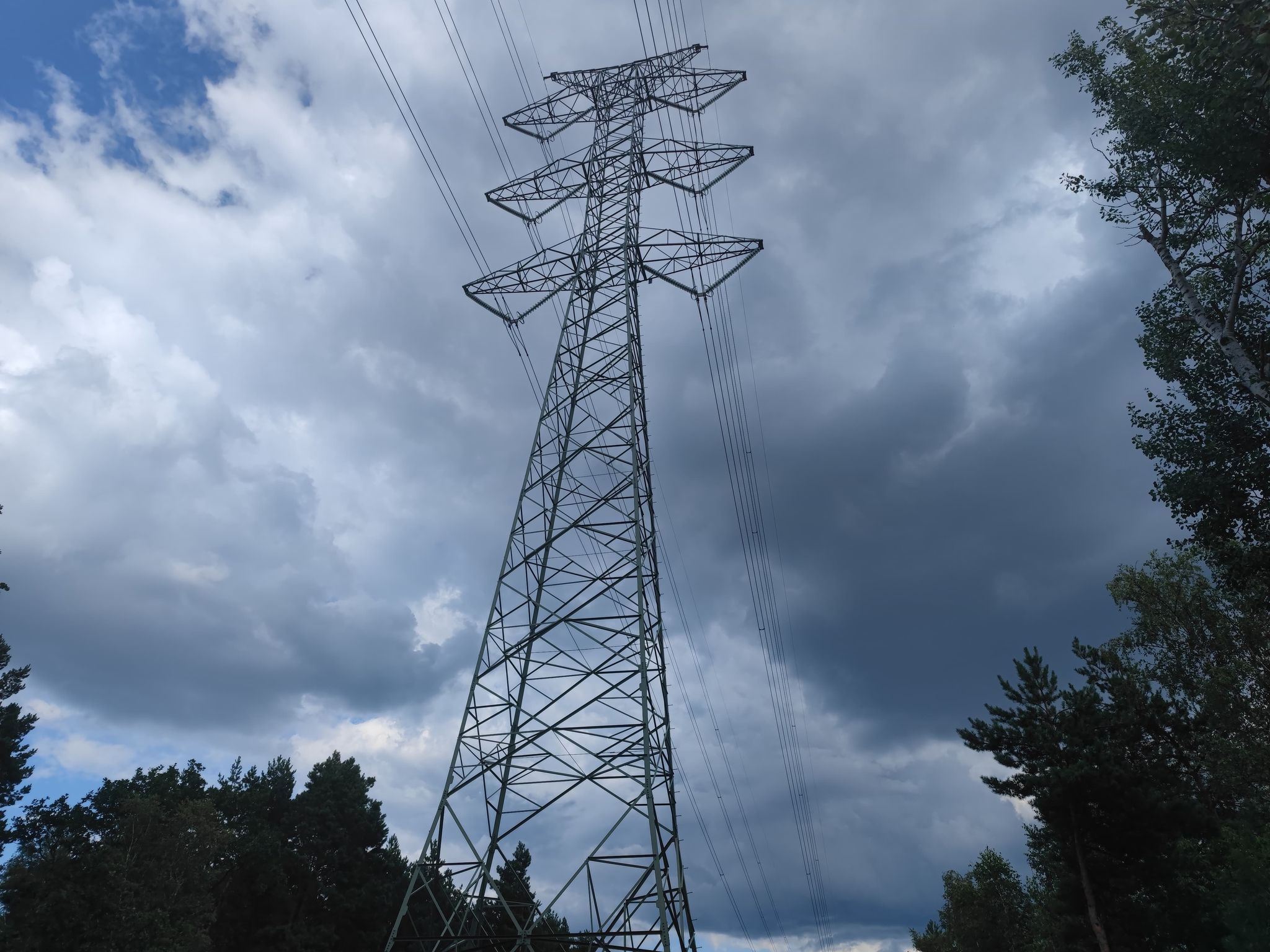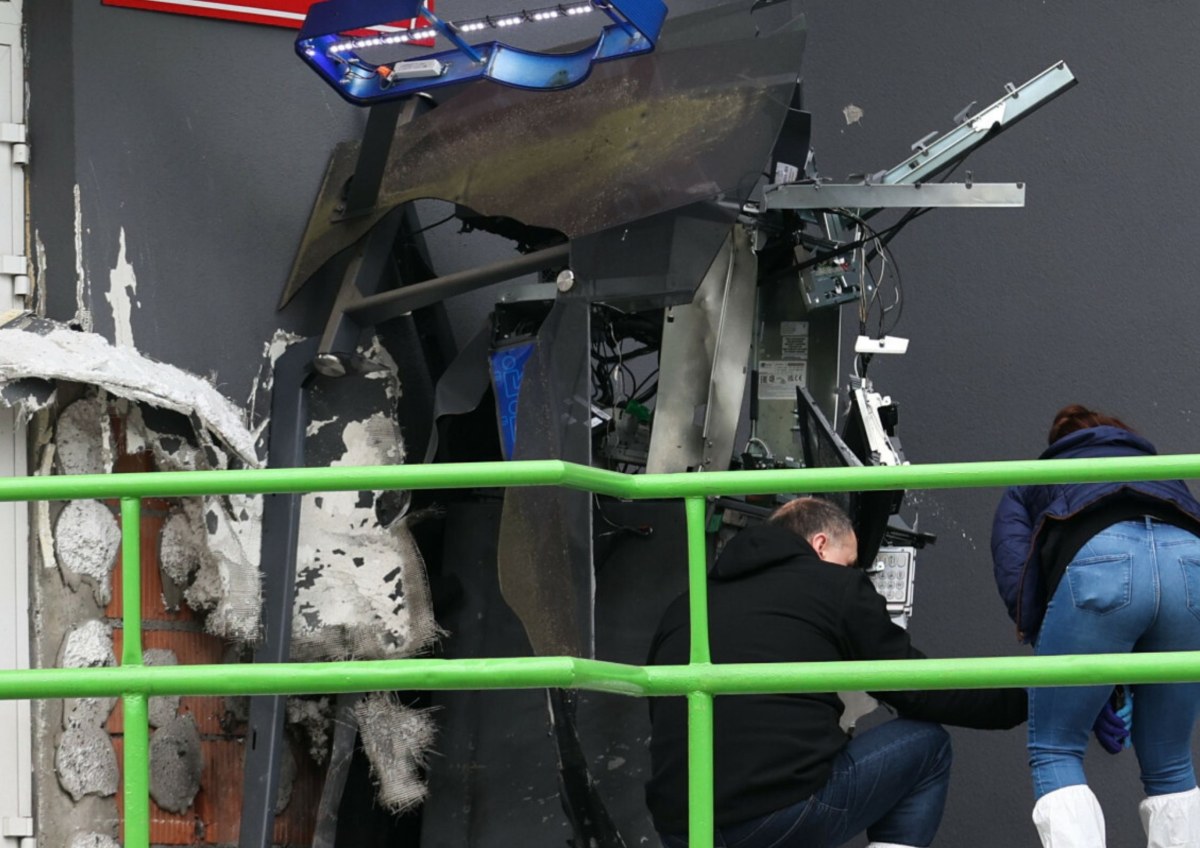A new electricity bill (supposed to be simpler) and why I am against it…
A new law has been introduced to simplify our electricity bills. It is supposed to be much easier and more precise – the amount to be paid will be visible on the first page. Those who have not looked at such bills before and are wondering why a law is needed are encouraged to look closer. Currently, most bills are a mysterious set of tables and figures – we pay for electricity in two components – for the energy itself and its delivery (distribution). The energy part is relatively simple (unless we have multi-zone tariffs with variable prices throughout the day or, God forbid, dynamic tariffs). However, the next hurdle is just around the corner because, in the distribution section, we encounter fixed, variable, and quality charges (each calculated differently – some based on monthly kWh consumption and others per month, but at different rates for different households). It does not end there because the legislator has introduced several more quasi-taxes, such as the capacity charge (currently suspended), the renewable energy charge, the cogeneration charge, and my favourite, the transitional charge (this mysterious name refers to compensation for the so-called long-term contracts terminated around 2006, which we are compensating for up to 25 years). Here, too, some are based on kWh consumed, and some are monthly (at different rates). In any case, we should not get irritated – others have it worse. In Greece, for example, the bill is extended with additional items, including a TV license fee (we also had such an idea, but it was rejected), a garbage collection fee and other municipal fees (e.g., local lighting), municipal property taxes and other local fees, and even a solidarity tax on deliveries to islands. In Japan, they add a surcharge for the Fukushima disaster. Therefore, the problem of reading bills is international, and perhaps the Polish law will open up new opportunities for the entire EU. We’ll see. I am against it – the new law takes away my job – every year, I teach at least one module to students on how to read their electricity bills and choose an energy supplier. Paradoxically, I strongly encourage people who are not energy experts not to read their bills and not to worry about them. As a reminder, energy rates have been frozen for several years, and we do not influence optimizing our bills – we usually pay the same everywhere. There is a clever strategy whereby our supplier always sends us a text message reminding us how much we owe – so after receiving the text message, we pay what is required and avoid any stressful situations. Why make it simpler by law when everything is already regulated?
Life will always surpass any movie…
Fascinated by the new achievements of action movie directors… we don’t always look at real life. The latest episodes of “Mission Impossible” or the adventures of Agent 007 show a world of massive conspiracies, sinister organizations, and significant international financial scams. Reassured after each episode by the success of our hero, who has once again saved the world, we go to sleep without worrying that something like this could happen in real life. Meanwhile… life surpasses any movie. Yesterday, news spread that a mysterious individual with… 350 passports was detained at the airport in Lisbon. Compared to him, James Bond and Jason Bourne are amateurs equipped with documents from a home laser printer. About a year ago, in Spain (also at an airport), a woman was arrested with a handbag stuffed with jewels worth… a mere 1 million euros (as a reminder, you must report to customs officers any cash, securities or jewellery worth more than 10,000 euros. But that’s nothing compared to the most mysterious story – the so-called Chiasso affair.
In 2009, on the Italian border in a small town on the border with Switzerland (Chiasso, in fact), the police and financial guard stopped two mysterious men in their fifties on a train who were carrying Japanese passports. In one of their suitcases, they found US government bonds (bearer bonds!!!), Federal Reserve Bonds and Kennedy Bonds. Anyone can have bonds, but these bonds have face values of $500 million and $1 billion (one billion!!!) – imagine a single sheet of paper that allows an anonymous person to demand a billion dollars. The papers are worth over $124 billion (yes, billions!!!). The unimaginable value of the briefcase is equivalent to the annual GDP of small countries such as Slovakia or Bulgaria, half of the total financial reserves of Poland or Japan, and significantly more than the famous Greek debt that led to the economic crisis in those years.
On top of that, the case only began to cloud over after it was discovered. Leaks to the press were effectively stopped, and the bonds were deemed fake (the US has not issued bearer bonds since 1982). However, the mysterious Japanese themselves were immediately released, which fueled rumours of an operation by some Asian special services or even more sinister operations by the financial sector, where, as we can see, billions can be moved across borders in suitcases on a regular train. Unfortunately, the media will never get to the truth, but we should not get too excited when watching another action movie. Real money and well-forged passports can be found in greater quantities.
A (controlled) slip-up on CSIRE and a bill (with something else in store) …
CSIRE (Central Energy Market Information System) is a key IT project that is supposed to provide excellent opportunities to improve the energy market, exchange information about users and, ultimately, offer better deals for customers and even better optimization. The CSIRE project also shows that IT systems for the energy sector are not easy to implement. The original deadline (July 2024) was postponed to July 1, 2025, and is currently being delayed by the act to October 19, 2026 (there are, of course, possibilities for an earlier date, but as we all know, everyone will connect to CSIRE in over a year). Perhaps the project has not yet had its final say, as we will see what happens next year. CSIRE is, therefore, experiencing a controlled delay, but work is ongoing. As always in Poland, the bill (postponing the deadlines) was accompanied by “energy inserts,” including a paragraph on compensation payments for energy-intensive industries (demonstrations by steelworkers influenced these changes). In a year, we are waiting for new updates to the deadlines (e.g., July 2027). At the same time, it will also be possible to add something else, such as freezing energy prices or the distance of wind turbines, or even something for foresters or fishermen if they are demonstrating at the time.


















